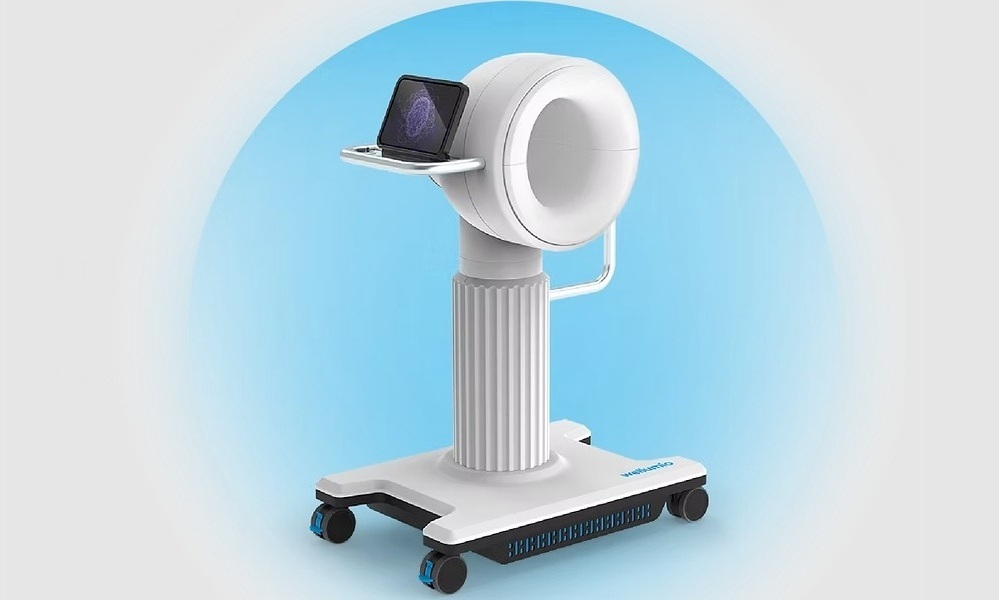Revolutionary Portable Device Performs Rapid MRI-Based Stroke Imaging at Patient's Bedside
Posted on 07 Feb 2025
Stroke has a lifetime risk of 1 in 4, and every 2 seconds, someone in the world experiences a stroke. The number of stroke-related deaths is expected to rise by 50% over the next three decades. The effectiveness of stroke reperfusion therapy declines quickly over time. Every minute without treatment results in the loss of millions of neurons—neurons that do not regenerate. In response to this, a revolutionary portable device is making magnetic resonance technology more accessible, enabling quicker diagnosis and treatment for stroke patients.
Wellumio’s (Wellington, New Zealand) Axana 0.1T portable magnetic resonance imaging (MRI) system offers the unique capability to perform rapid MRI-based stroke imaging directly at the patient’s bedside, marking a significant advancement in the speed of acute stroke detection in emergency room settings. Unlike traditional MRI systems, which rely on large superconducting magnets and coils to create magnetic gradients for imaging, Axana’s innovative technology uses Pulsed Gradient Free Mapping (PGFM). This cutting-edge technique eliminates the need for bulky components and allows the device to track the magnetic resonance properties of brain tissue, identifying clinically recognized stroke biomarkers, such as molecular diffusion, in a compact, portable form. Through this design, the Axana device can quickly assess stroke biomarkers, including molecular diffusion detected by Diffusion Weighted Imaging (DWI), right at the bedside.

The portability and simplicity of Axana make it well-suited for bedside use, allowing for rapid detection of stroke-related damage and providing essential insights into the severity and extent of the stroke. This quick information enables the prioritization of advanced imaging techniques and guides critical treatment decisions. Designed to integrate seamlessly into emergency and acute care workflows, Axana assists clinicians by providing timely data for important decision-making points. Wellumio is currently conducting a two-part, dual-center, feasibility and observational study on the Axana 0.1T brain scanning device in subacute stroke patients. The study’s main goal is to evaluate the safety and feasibility of obtaining timely scans without technical issues, comparing results from both healthy controls and stroke patients.
"We've designed a novel device that is highly portable and significantly faster than traditional MRIs, making it ideal for quick assessments in emergency situations," said Dr. Shieak Tzeng, CEO of Wellumio. "By delivering radial maps of the brain, Axana will potentially empower emergency physicians, neurologists, radiologists, and stroke care team members to rapidly detect strokes and guide critical treatment decisions during the crucial golden hour of care."
Related Links:
Wellumio














